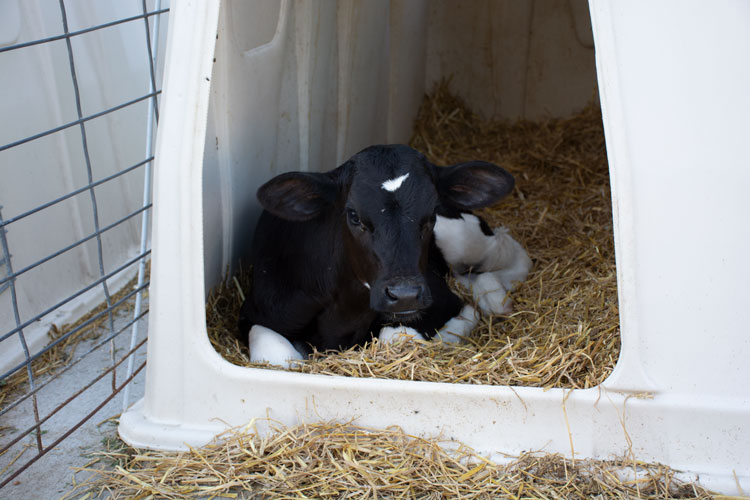
Vaccinations serve a vital role in maintaining animal wellbeing on today’s dairies. Many of those vaccinations are given early in life and provide a foundation for overall herd health.
John Ellis, a professor at the University of Saskatchewan’s Western College of Veterinary Medicine, presented on neonate immunity and vaccinations during the Dairy Calf and Heifer Association’s annual meeting.
“We have a lot of good vaccines available,” he said early in his presentation. “We can improve their efficacy if we think about how we use them.”
Ellis explained that we are born into a world filled with billions and billions of bacteria and viruses. “How does Mother Nature design a system to protect babies from this very dirty world?” he asked.
He talked about the importance of immunoglobulins (IgG) and passive immunity. He reviewed differences in how mothers of various species protect their babies. In humans, rodents, and rabbits, there is a blood to blood connection between the mother and the fetus, so immunoglobulins can pass between the two and colostrum isn’t necessary.
For other species, including cattle, there are many more layers in the placenta between baby and mother, so immunoglobulins don’t transfer. This underscores the importance of colostrum.
“Without passive immunization, nothing else really matters. Vaccinations and antibiotics can’t save a calf that has poor passive transfer,” Ellis said. “It’s that essential.”
He encouraged calf raisers to pay attention to passive immunization. The way to achieve that is to provide clean, high-quality colostrum or a colostrum replacement shortly after birth.
“Without good passive immunization, the rest is really meaningless,” he reiterated. “It’s throwing a lot of money and time at an animal that is not going to do very well.”








